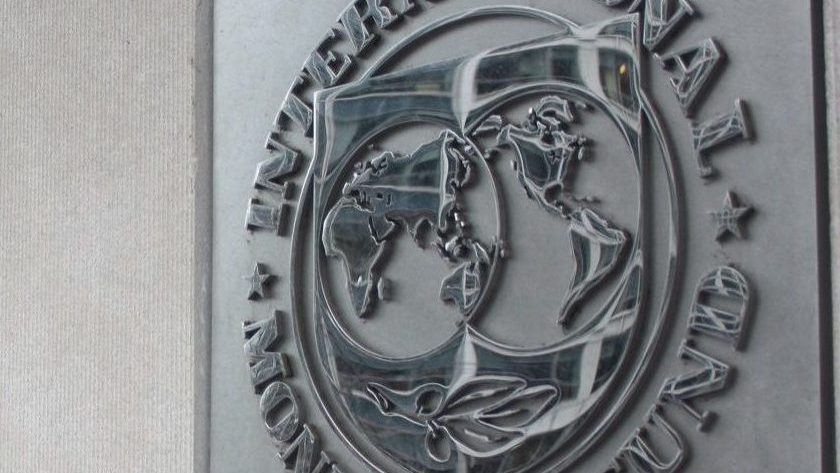Altice admits to disinvest in Portugal amid 5G controversy
Alexandre Fonseca admits that Altice can disinvest in the Portuguese market because of 5G. All operators are against the sector regulator, Anacom.
Altice Portugal is evaluating the disinvestment in Portugal “or even the involvement in projects that are large consumers of capital, with doubtful returns in view of the rules imposed”. Alexandre Fonseca responds this way to the possibility of regulator Anacom maintaining the rules already announced on the launch of the new 5G auction, which should be known later this month.
This is not the first time Altice has criticized the 5G process, and now that the new auction date is approaching, the tone of criticism is rising from all operators. After Vodafone and NOS strength positions, which even admit not to bid, it’s Altice’s turn to take the risk of rupture. Alexandre Fonseca states that Portugal lives “in an adverse regulatory environment, which not only does not stimulate investment but also retracts any investor from focusing on our country in the telecommunications sector, a sector where the government and independent Associations, including major international consulting firms and technology manufacturers, are unanimous in criticizing anacom’s 5G management.”
“As all national operators are private companies, it is natural that their shareholders legitimately seek to monetize the hundreds of millions of euros they inject annually into our economy, seeking a stable environment, with predictability and that stimulates investment. Today, the moment we live in Portugal is, unfortunately, the opposite,” said the executive president of Altice Portugal in response to the Lusa agency.
Alexandre Fonseca reaffirms that Altice’s investment “must contain an economic rationale that allows the viability of the return on that same investment, supporting the generation of value, the maintenance of tens of thousands of jobs in this industry in our country and the growth of this sector today more than ever indispensable for economic development and growth.”


